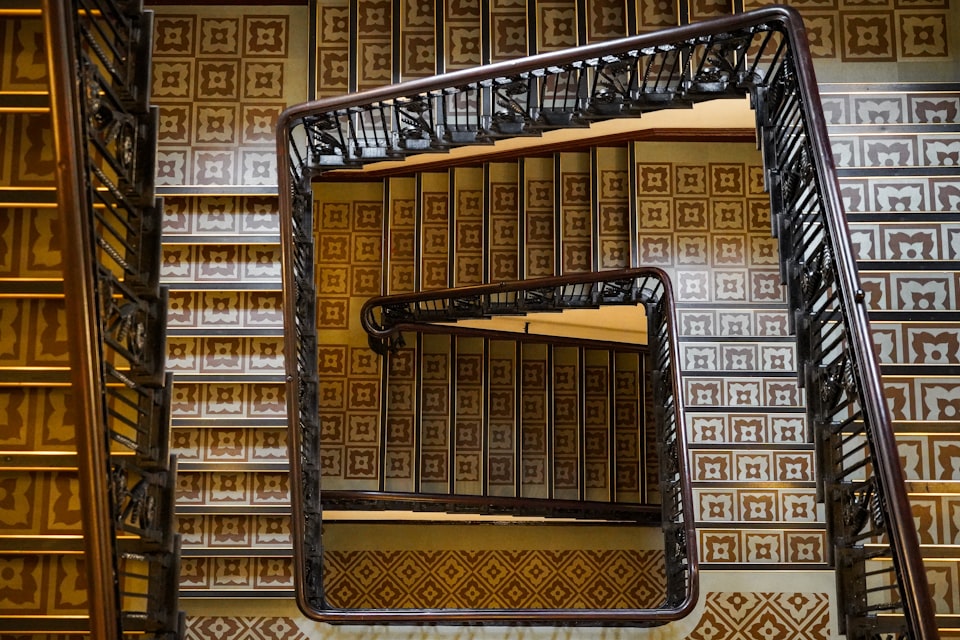Featured
Addiction
Business English
Change
-
Time for a Career Change
-
Career Change: an umbrella term
-
I need a Career Change!
-
Looking for a Career Change
Craftsmanship
-
Change Makers
-
The Value of Hierarchy
-
What is Productivity?
-
Happiness or Fulfilment
-
A Vague Sense of Unease




